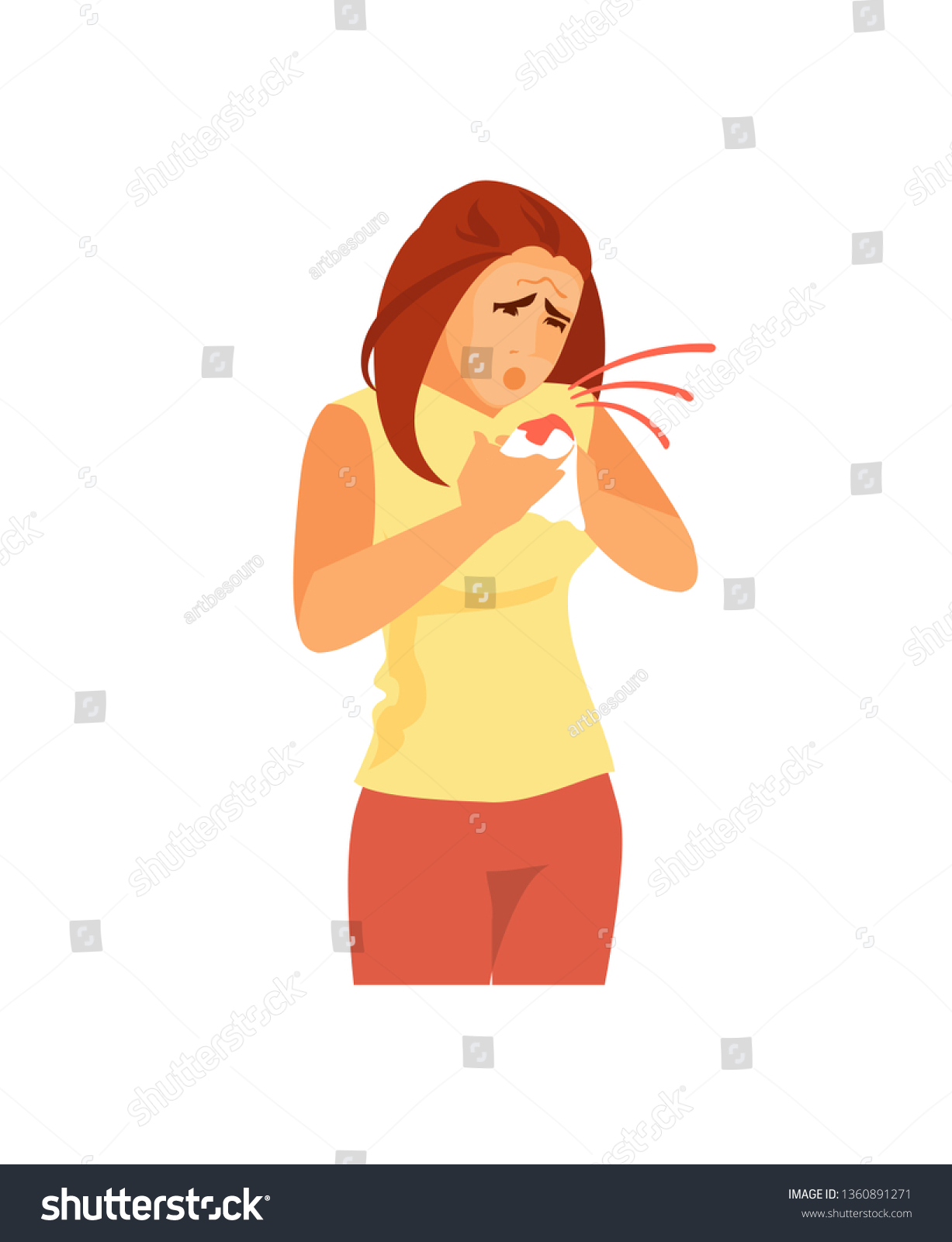Bite My Cheeks At Night

The habit of biting one’s cheeks at night, also known as nocturnal cheek biting, is a fascinating phenomenon that can be attributed to various factors. This involuntary behavior, often occurring during sleep, can be a source of concern for those who experience it. As we delve into the world of nocturnal cheek biting, it’s essential to understand the underlying causes, potential consequences, and most importantly, the strategies to overcome this habit.
Unraveling the Mystery: Causes of Nocturnal Cheek Biting
Nocturnal cheek biting can be linked to a combination of physical, psychological, and environmental factors. Some of the possible causes include:
- Sleep Disorders: Sleep disorders such as sleep bruxism, sleep apnea, and restless leg syndrome can contribute to nocturnal cheek biting. These conditions can cause muscle tension, leading to involuntary movements during sleep.
- Stress and Anxiety: High levels of stress and anxiety can manifest physically, resulting in habits like cheek biting. This behavior can be a coping mechanism for some individuals, providing a temporary release from tension.
- Misaligned Teeth or Jaw: A misaligned bite or temporomandibular joint (TMJ) disorders can lead to nocturnal cheek biting. The discomfort or pain caused by these conditions can trigger involuntary cheek biting during sleep.
- Neurological Factors: Certain neurological conditions, such as Parkinson’s disease, Huntington’s disease, or Tourette’s syndrome, can increase the likelihood of developing habits like nocturnal cheek biting.
Consequences of Nocturnal Cheek Biting: A Closer Look
While nocturnal cheek biting might seem like a harmless habit, it can have several consequences that affect an individual’s quality of life. Some of the potential consequences include:
- Cheek Pain and Discomfort: Repeatedly biting one’s cheeks can cause pain, swelling, and discomfort in the affected area. This can lead to difficulties in eating, speaking, or even sleeping.
- Dental Problems: Nocturnal cheek biting can put additional stress on the teeth and jaw, potentially leading to dental problems like tooth wear, gum recession, or TMJ disorders.
- Sleep Disturbances: The habit of nocturnal cheek biting can disrupt sleep patterns, leading to fatigue, irritability, and other sleep-related issues.
- Emotional Distress: The awareness of having a habit like nocturnal cheek biting can cause emotional distress, low self-esteem, and anxiety, especially if left unaddressed.
Breaking the Habit: Strategies for Overcoming Nocturnal Cheek Biting
Fortunately, there are several strategies that can help individuals overcome the habit of nocturnal cheek biting. Some of these strategies include:
- Stress Management Techniques: Practicing stress-reducing techniques like meditation, deep breathing, or yoga can help alleviate stress and anxiety, reducing the likelihood of nocturnal cheek biting.
- Dental Appliances: Wearing a mouthguard or a splint can help protect the teeth and jaw from the effects of nocturnal cheek biting. These appliances can also help reduce muscle tension and promote a more comfortable sleep.
- Behavioral Therapy: Cognitive-behavioral therapy (CBT) or hypnotherapy can help individuals become more aware of their habits and develop strategies to overcome them.
- Relaxation Techniques: Engaging in relaxation techniques like progressive muscle relaxation, visualization, or mindfulness meditation can help reduce muscle tension and promote a restful sleep.
Frequently Asked Questions
What are the most common causes of nocturnal cheek biting?
+Nocturnal cheek biting can be caused by a combination of factors, including sleep disorders, stress and anxiety, misaligned teeth or jaw, and neurological conditions. It's essential to consult a healthcare professional to determine the underlying cause of this habit.
How can I prevent nocturnal cheek biting while sleeping?
+Preventing nocturnal cheek biting requires a comprehensive approach. Practicing stress-reducing techniques, wearing a mouthguard or splint, and engaging in relaxation techniques can help reduce the likelihood of this habit. It's also essential to maintain good sleep hygiene and address any underlying sleep disorders.
Can nocturnal cheek biting be a symptom of an underlying condition?
+Yes, nocturnal cheek biting can be a symptom of an underlying condition, such as a sleep disorder, neurological condition, or dental problem. If you're experiencing persistent or severe nocturnal cheek biting, it's essential to consult a healthcare professional to rule out any underlying conditions that may require medical attention.
In conclusion, nocturnal cheek biting is a complex issue that requires a comprehensive approach to overcome. By understanding the underlying causes, consequences, and strategies for addressing this habit, individuals can take the first step towards improving their overall well-being and breaking free from the cycle of nocturnal cheek biting. Remember, it’s essential to consult a healthcare professional to determine the underlying cause of this habit and develop a personalized plan to overcome it.

